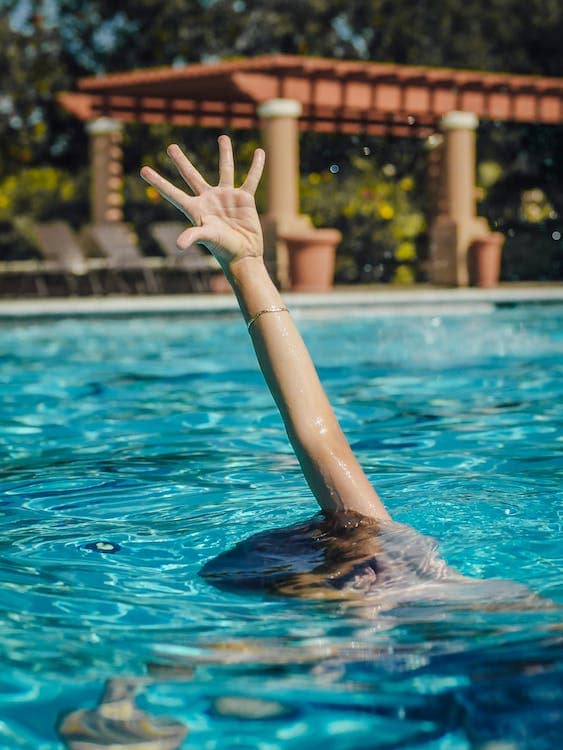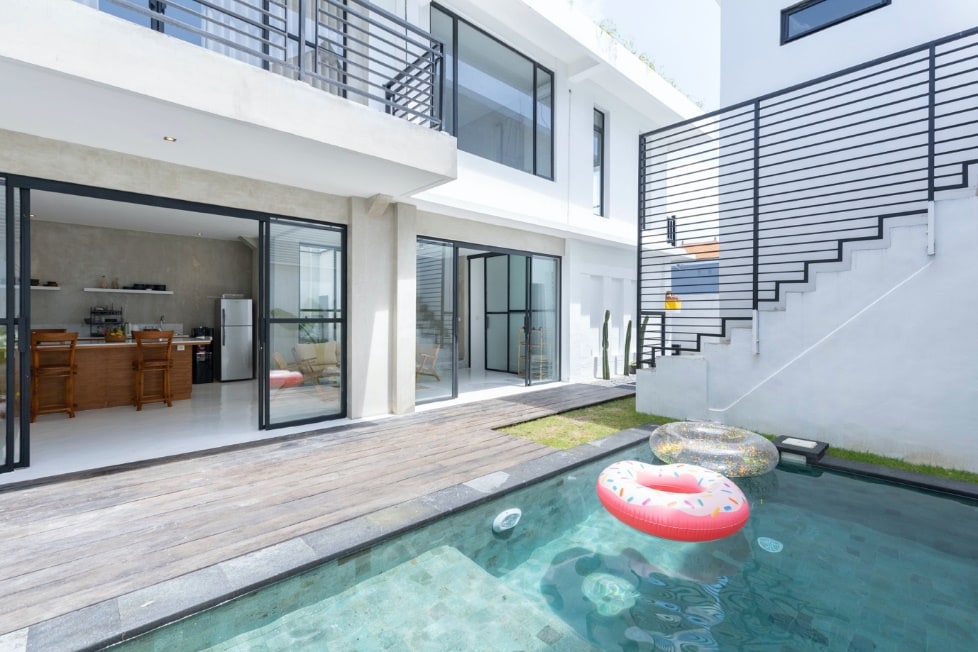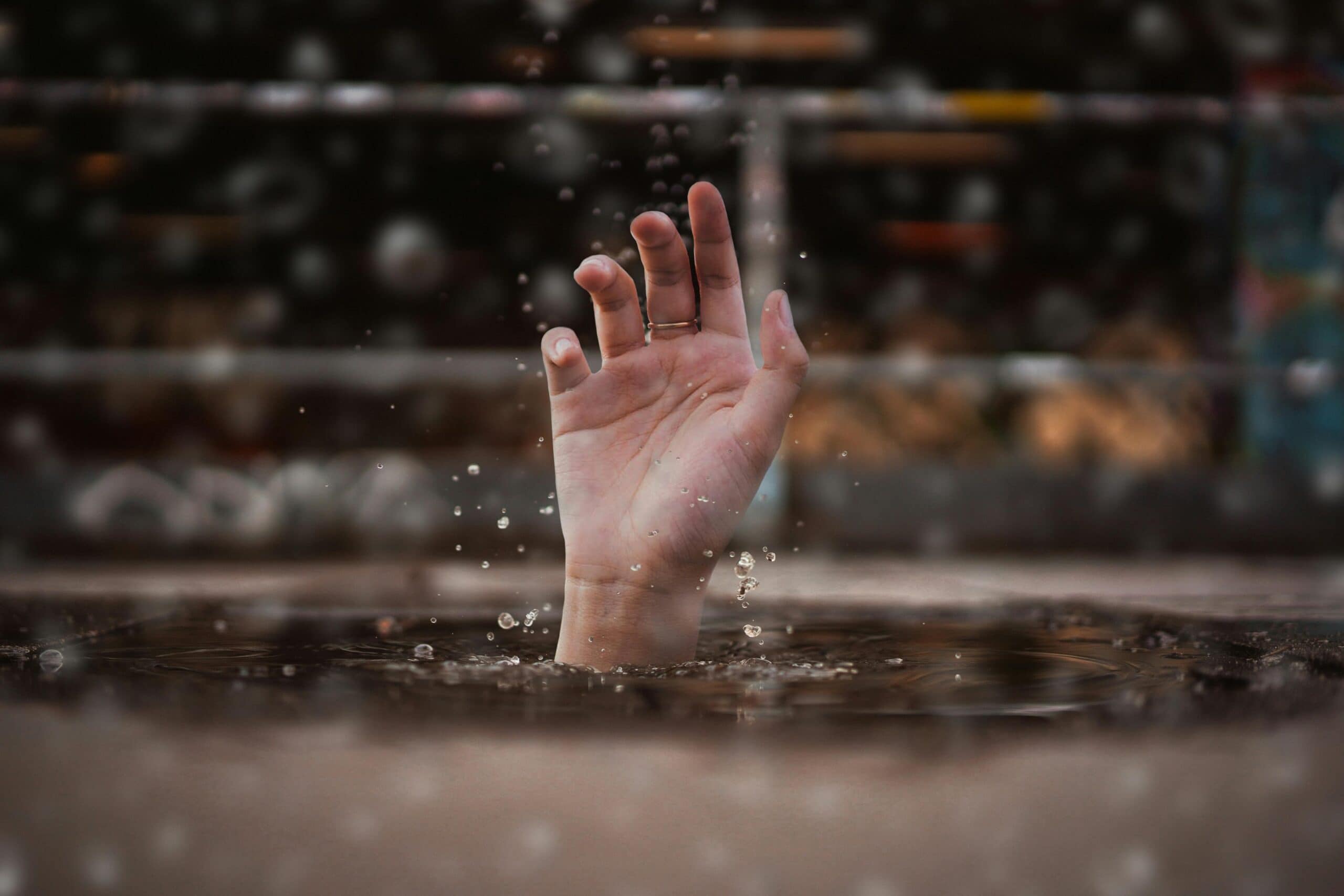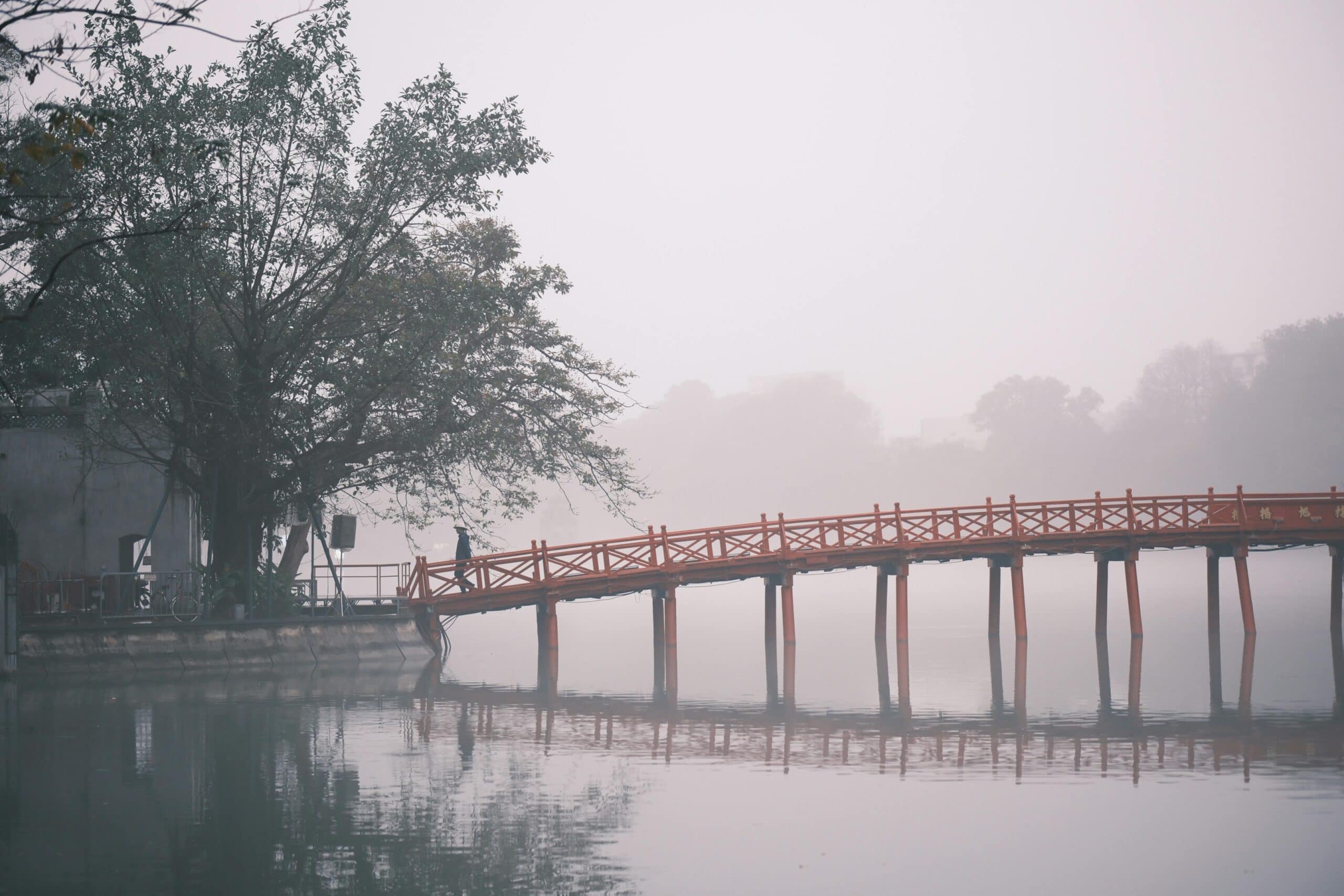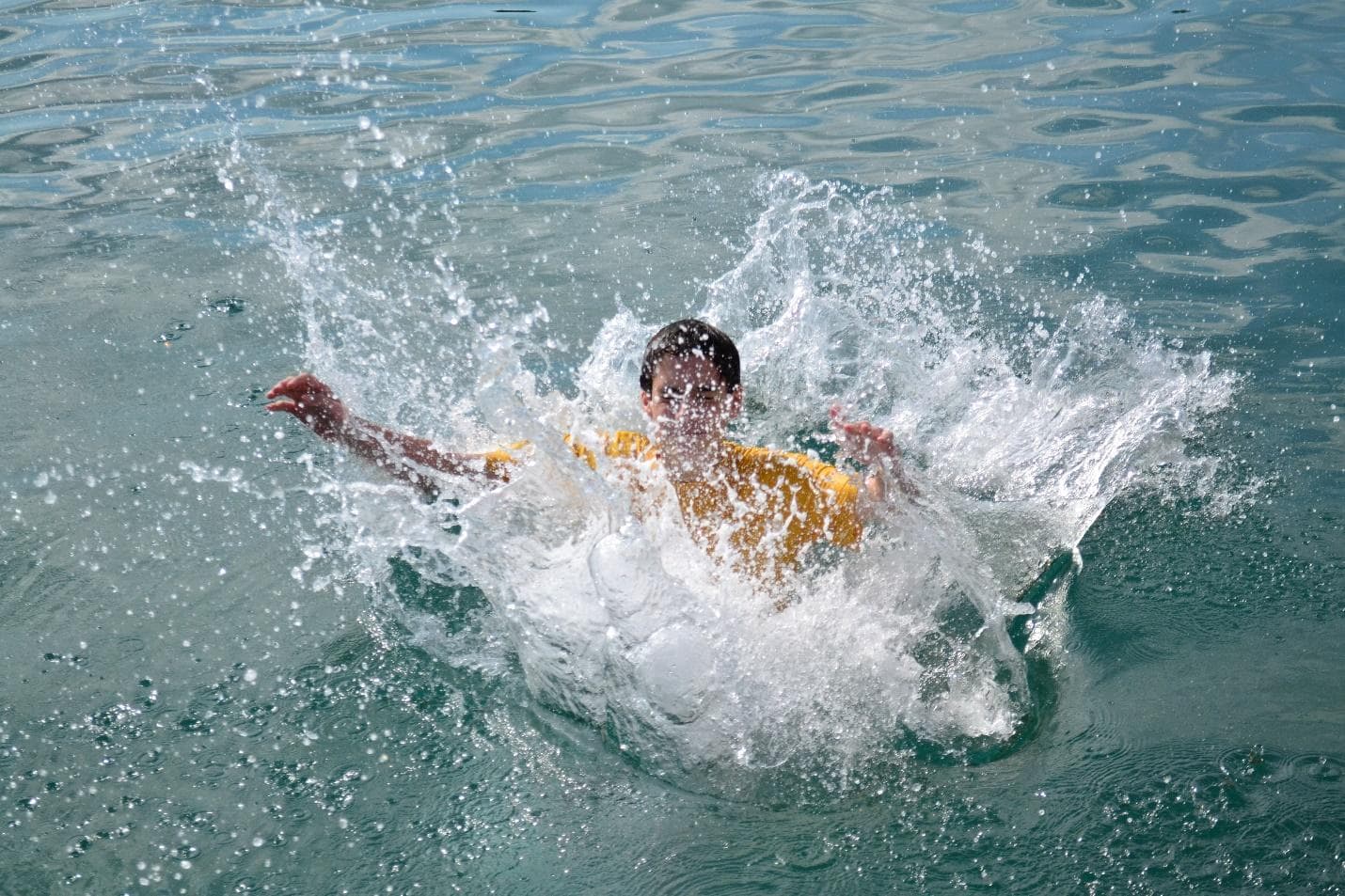Summer is here, and it’s time to beat the heat! There is no better way to do so than to swim in natural bodies of water or swimming pools and enjoy all outdoor sports.
However, while the enthusiasm is great, it is critical to recognize that these represent serious drowning risks, particularly for minors and incompetent swimmers. Natural water accounts for around 40% of drownings among children aged 5 to 14, while swimming pools account for approximately 30%.
This blog discusses the fundamental distinctions in drowning incidents between natural bodies of water and swimming pools.
Natural Bodies of Water
Risk Factors to Consider
Swimming in your nearby river, lake, or ocean is a great recreation activity and one of the best ways to beat the summer heat, but due to the unique risks present, one needs to be very careful at all times. When stepping into natural bodies of water, you must consider several factors, including uneven depths, hidden vegetation, and underwater rocks. It can catch a swimmer off guard and cause a serious threat to their life.
Moreover, no safety measures can help reduce the dangers of drowning. There is an absence of lifeguards, and due to unpredictable weather conditions, you only put yourself at risk when you step into the water unprepared. Accidents are more likely when there is no supervision, especially for unskilled swimmers and youngsters. To protect their children’s safety, parents and guardians must be watchful and actively supervise them in these circumstances.
Lack of Control
Natural water bodies are normally open to the public, with several entrance sites around the coastlines. It makes tracking individuals in the water impossible, elevating the probability of drowning accidents caused by a lack of swimming ability or poor judgment.
Delayed Rescue & Medical Assistance
Rescue teams and medical aid can get delayed in lakes and rivers in the case of an emergency because of isolated locations or a need for more quick supplies. It increases the need for swimmers to be mindful of the water around them and exercise caution.
Swimming Pools
Less Risker Than Swimming in Natural Bodies of Water
Private and public swimming pools have higher safety regulations than lakes, oceans, or rivers. These pools have regulated water levels and often have good visibility, which makes it simpler to spot possible risks.
Furthermore, lifeguards or pool staff are frequently present in these public locations, which improves overall safety and allows for fast aid when needed. Regardless of this enhanced safety safeguard, parents and caregivers must keep a close check on youngsters, even in pools with lifeguards. However, in case of negligence, you can hire a drowning accident lawyer for your case.
A Great Degree of Control
Public pool owners and lifeguards can monitor the number of individuals inside the pool area since public pools have regulated access points with admission and departure procedures. Private pool fences and barriers assist in preventing unwanted access, lowering the danger of unintentional drownings.
Prompt Rescue & Medical Assistance
Public pools are outfitted with security measures, including lifebuoys, medical supplies, and recovery tools, enabling a speedy reaction during an emergency. Lifeguards are also taught to undertake water rescues and offer first aid until expert medical assistance arrives.
Drowning mishaps can occur in natural bodies of water and pool areas, but the risk factors and ways to mitigate them are distinct. While natural bodies of water provide incredible beauty and unforgettable experiences, they call for greater caution owing to their unpredictable characteristics and lack of supervision.
Swimming pools, on the other hand, specifically open to the public, provide a regulated and safer setting with qualified lifeguards and improved visibility. Following water safety requirements, regardless of location, is critical to guarantee an injury-free and enjoyable water-based experience.
Hire a Drowning Accident Lawyer
If you have lost a loved one due to negligence or have been the victim of a drowning accident, you could be liable to receive reimbursement from anyone involved in your loved one’s death. After a Nevada swimming pool accident, you should call the experienced drowning accident lawyers at The Bourassa Law Group as soon as possible. They can assist you in establishing liability for the losses.
Choose a drowning accident lawyer to employ and accept a retainer agreement. Collect evidence, file documentation, and execute any required legal measures with the help of your drowning accident lawyer. It’s crucial to remember that hiring a lawyer as quickly as possible will assist in preserving evidence and increase your chances of winning.
Call us at (800)870-8910 for a no-obligation consultation!
